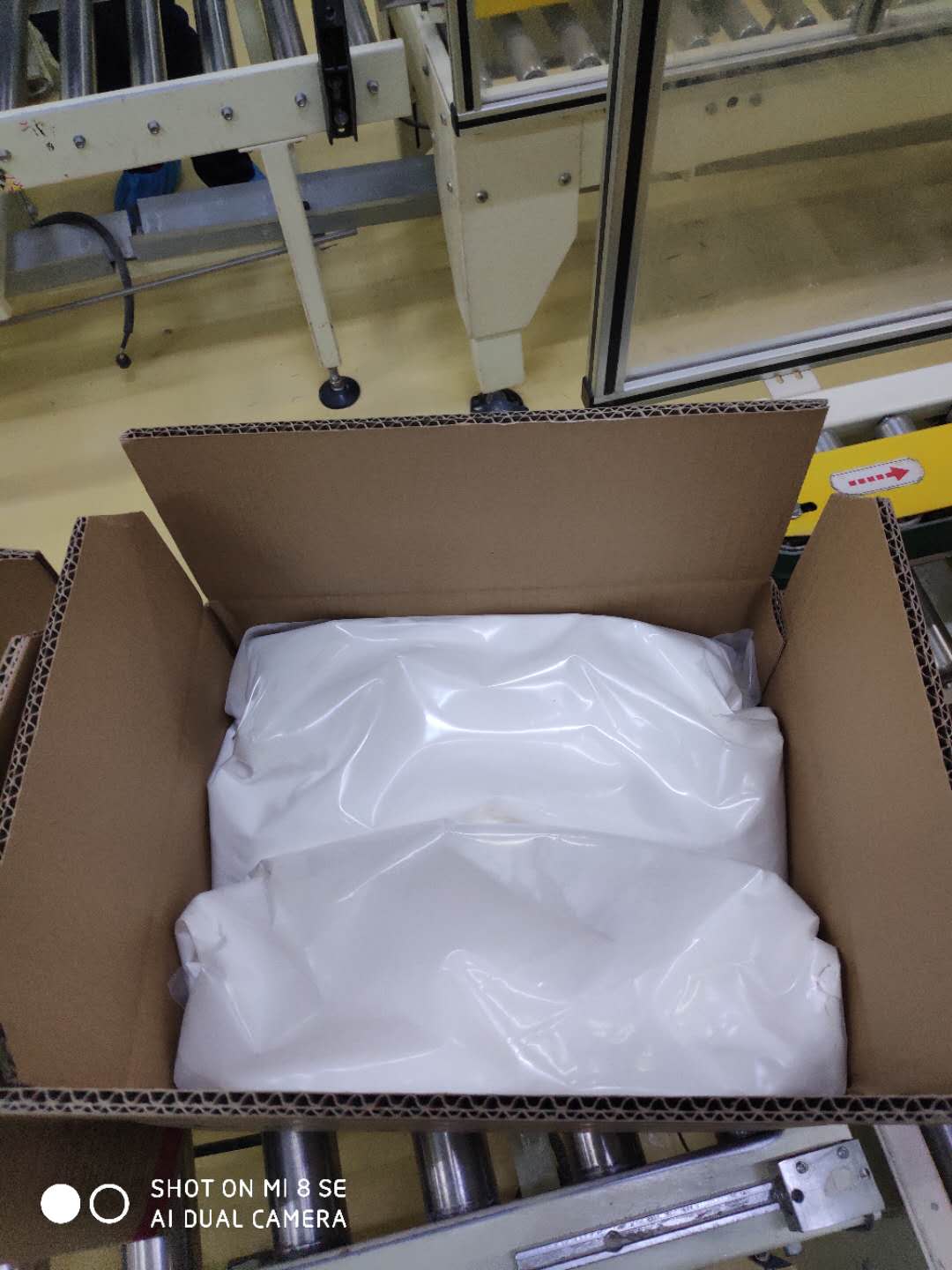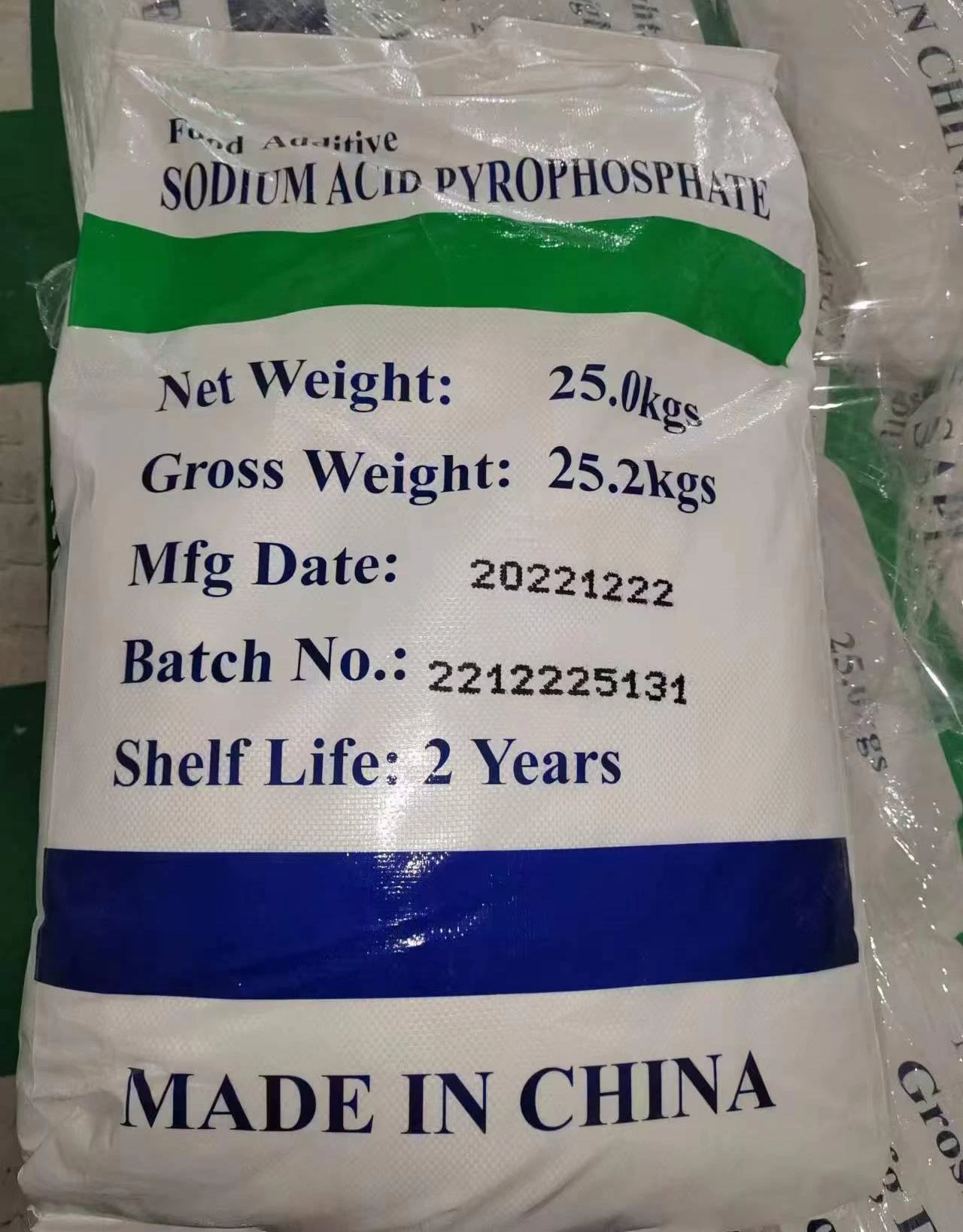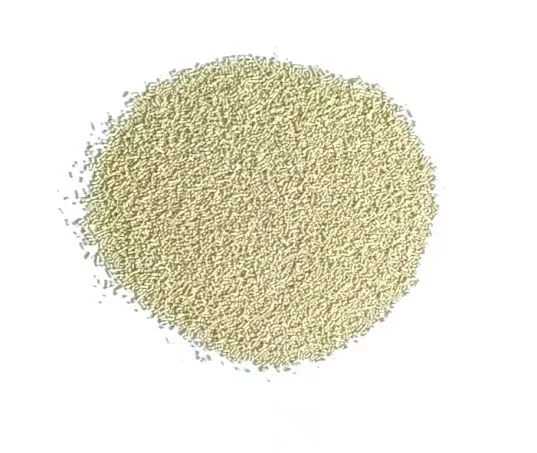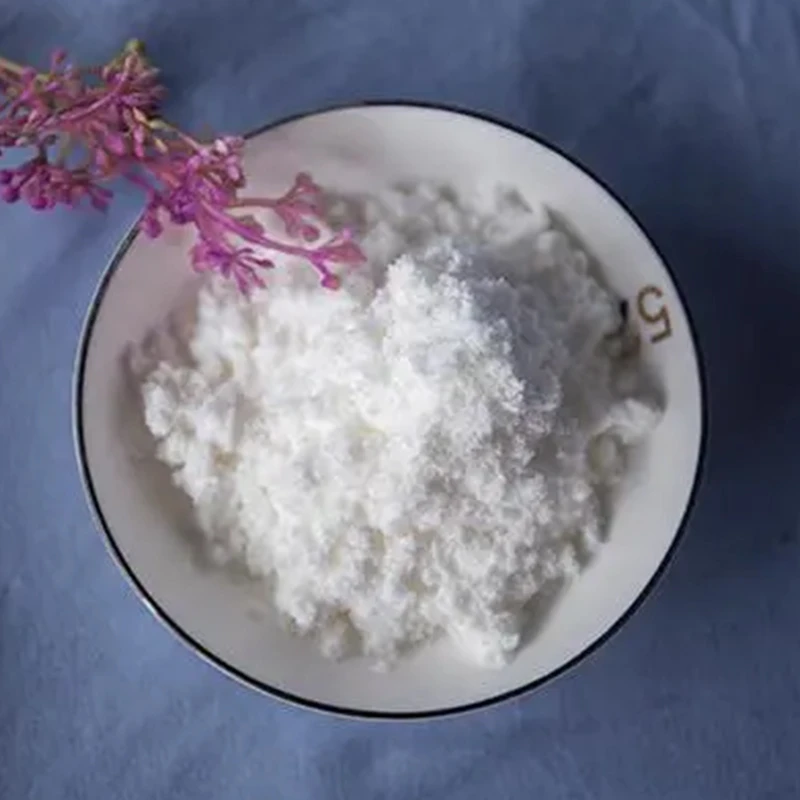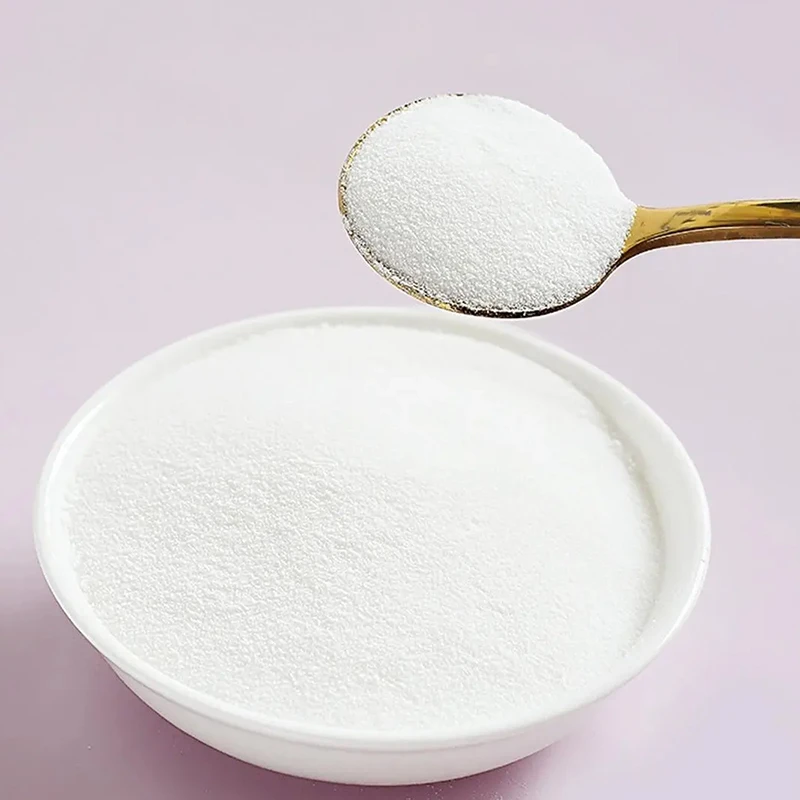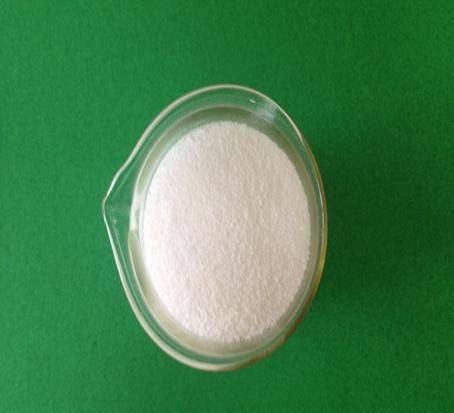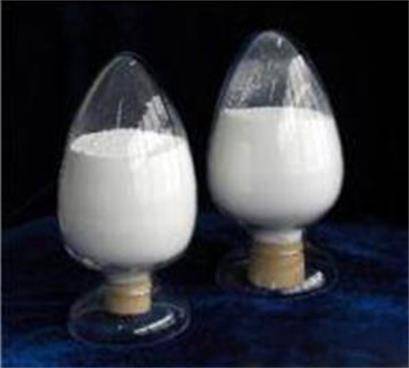Navigating the Global Market for Preservative Solutions: An In-depth Look at Sodium Benzoate Powder Trends
The global demand for effective and safe food and beverage preservatives is on a steady ascent, driven by urbanization, extended supply chains, and consumer expectations for longer shelf-life products. Among the myriad of available options, sodium benzoate powder stands out as a highly versatile and widely adopted solution, particularly in acidic food applications where its antimicrobial properties are optimally activated. Its efficacy in inhibiting the growth of bacteria, yeasts, and molds makes it indispensable across various sectors, from carbonated beverages and fruit juices to pickled foods, sauces, and pharmaceutical formulations. The market is currently experiencing nuanced shifts influenced by regulatory frameworks, increasing consumer preference for "clean label" products, and advancements in preservation technologies. Despite these dynamics, the established safety profile and cost-effectiveness of sodium benzoate ensure its continued prominence. Industry reports indicate a compound annual growth rate (CAGR) of approximately 4-5% for the food preservatives market, with sodium benzoate holding a significant share due to its proven track record and broad spectrum of activity. Manufacturers and suppliers are continually optimizing production processes to meet stringent quality standards and ensure a consistent supply chain, responding to the escalating requirements of the food processing, pharmaceutical, and cosmetic industries worldwide. This sustained growth underscores the critical role sodium benzoate plays in modern food preservation strategies, balancing safety, quality, and economic viability for producers globally.
Furthermore, the evolving landscape of food preservation is pushing innovations in how sodium benzoate powder is integrated into product matrices, including microencapsulation techniques that improve its stability and controlled release, thereby enhancing its efficacy at lower concentrations. Such advancements are crucial for addressing regulatory pressures to minimize additive levels while maintaining optimal preservation. The market for sodium benzoate powder is also shaped by regional variances in dietary habits and regulatory guidelines. For instance, in regions with high consumption of processed foods and beverages, demand remains robust. Concurrently, there is an increasing focus on the purity and trace element profile of the powder, ensuring it meets the stringent requirements of high-value applications such as infant formula and medical foods. The competitive landscape sees key players investing in research and development to offer specialized grades that cater to specific industrial needs, such as low-dust versions for improved handling and reduced occupational exposure, or grades with enhanced solubility for liquid formulations. Understanding these intricate market dynamics, including pricing trends and supply chain resilience, is paramount for businesses seeking reliable and high-quality preservative solutions. The sustained relevance of sodium benzoate powder reflects its adaptable nature and indispensable function in ensuring product safety and extending shelf life across diverse consumer goods.
Precision Manufacturing of White Sodium Benzoate Powder: A Detailed Process Overview
The production of high-quality White Sodium Benzoate Powder involves a meticulously controlled chemical synthesis and purification process, ensuring adherence to stringent international standards such as Food Chemical Codex (FCC) and United States Pharmacopeia (USP), as well as specific E-numbers for food additives. The primary raw materials typically include benzoic acid and sodium hydroxide. The manufacturing process commences with the dissolution of benzoic acid, often derived from the oxidation of toluene, in water, followed by a neutralization reaction with sodium hydroxide (caustic soda). This exothermic reaction yields sodium benzoate and water. Careful control of pH and temperature during this phase is critical to maximize conversion efficiency and prevent undesirable side reactions. Post-reaction, the crude sodium benzoate solution undergoes a series of purification steps, which may include activated carbon treatment for decolorization and removal of impurities, followed by filtration to achieve optimal purity. The purity of the input benzoic acid and sodium hydroxide directly influences the final product's quality, necessitating strict raw material inspection. This integrated approach ensures the final White Sodium Benzoate Powder exhibits superior performance characteristics, including consistent assay, low heavy metal content, and excellent solubility.
Following the purification stage, the next critical step in the production of sodium benzoate powder is crystallization. The purified sodium benzoate solution is concentrated, often through evaporation, to achieve super-saturation, leading to the crystallization of sodium benzoate. This crystallization process is precisely managed, with parameters such as cooling rate and agitation speed optimized to control crystal size and morphology, which in turn influences the powder's flowability and dissolution characteristics. After crystallization, the slurry is subjected to centrifugation or filtration to separate the solid sodium benzoate crystals from the mother liquor. The separated crystals are then thoroughly washed with deionized water to remove any residual impurities or unreacted raw materials. This washing step is vital for meeting purity specifications and reducing trace contaminants. Subsequently, the wet cake of White Sodium Benzoate Powder is dried in controlled drying chambers, typically using hot air or vacuum drying, until the moisture content reaches the specified low levels. The final dried product is then milled and sieved to achieve the desired particle size distribution, ensuring uniformity and optimal performance for various applications. Throughout the entire process, from raw material intake to final packaging, rigorous quality control checks are performed, including pH measurements, assay determination, heavy metal analysis, and microbial testing, aligning with ISO 9001 quality management systems and relevant food safety certifications.
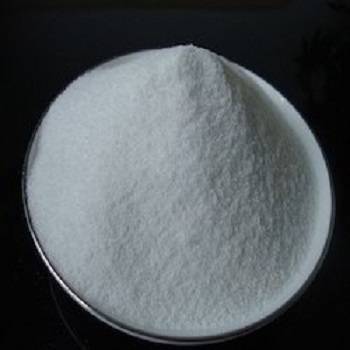
The robust manufacturing process for White Sodium Benzoate Powder is designed not only for product quality but also for efficiency and environmental sustainability. Advanced process control systems, including automated monitoring of temperature, pressure, and flow rates, minimize batch variations and optimize resource utilization, leading to significant energy savings and reduced waste. The choice of materials for processing equipment, such as stainless steel reactors and crystallizers, ensures product integrity and prevents contamination throughout the production line. Furthermore, adherence to Good Manufacturing Practices (GMP) is paramount, encompassing aspects like facility design, personnel training, and equipment maintenance, to prevent cross-contamination and ensure product safety. The typical service life of sodium benzoate powder, when stored under recommended conditions (cool, dry, away from direct sunlight), extends to two to three years, retaining its full preservative efficacy. Its primary applicability spans the food and beverage industry (e.g., carbonated soft drinks, fruit juices, jams, pickled vegetables, soy sauce, salad dressings), pharmaceutical industry (as a preservative in syrups and liquid medications), and cosmetic industry (in personal care products). Its outstanding anti-corrosion properties make it ideal for protecting food systems, while its economic advantages, compared to certain alternative preservatives, solidify its market position.
Technical Specifications and Quality Assurance for White Sodium Benzoate Powder
Understanding the precise technical parameters of White Sodium Benzoate Powder is critical for its effective application across diverse industrial sectors. Our product is meticulously manufactured to meet and exceed international benchmarks, ensuring superior performance and consistency. Key specifications include a high assay content, typically ranging from 99.0% to 100.5%, indicating exceptional purity. The substance exhibits excellent solubility in water, forming clear solutions crucial for liquid formulations, and its pH value, when dissolved, is typically between 7.0 and 8.5, which is essential for maintaining product stability and ensuring optimal preservative activity in acidic environments. Trace impurities, particularly heavy metals like lead and arsenic, are rigorously controlled and maintained well below the limits specified by major pharmacopoeias and food regulatory bodies, affirming its safety for consumption and use in sensitive applications. Furthermore, we ensure minimal moisture content, usually less than 0.5%, to guarantee product stability and prevent caking during storage and transport. Particle size distribution is also carefully managed to provide a free-flowing powder, which is essential for accurate dosing and efficient dispersion in manufacturing processes.
Our commitment to quality extends beyond mere compliance; it's embedded in every stage of production for sodium benzoate powder. Each batch undergoes comprehensive laboratory testing, utilizing advanced analytical techniques such as High-Performance Liquid Chromatography (HPLC) for assay determination, Inductively Coupled Plasma Mass Spectrometry (ICP-MS) for heavy metal analysis, and Karl Fischer titration for moisture content. These rigorous tests ensure that every shipment of sodium benzoate powder adheres strictly to the declared specifications and provides reliable performance. Our manufacturing facilities operate under strict ISO 9001:2015 quality management systems, and our products hold certifications from major food and pharmaceutical regulatory bodies, including FDA GRAS (Generally Recognized As Safe) status in the United States, and conformity to FCC (Food Chemical Codex) and USP (United States Pharmacopeia) standards. Additionally, our products comply with European E-number (E211) regulations, making them suitable for global distribution and use. This comprehensive quality assurance framework not only guarantees product safety and efficacy but also provides our clients with the utmost confidence in our offerings, solidifying our reputation as a trusted sodium benzoate powder supplier.
White Sodium Benzoate Powder: Key Specifications
Broad Applications and Distinct Advantages of Sodium Benzoate Powder
The versatility of White Sodium Benzoate Powder is evident in its extensive application across a multitude of industries, primarily driven by its potent antimicrobial properties. In the food and beverage sector, it serves as a critical preservative in acidic products, inhibiting the growth of yeasts, molds, and certain bacteria. Common sodium benzoate powder uses include carbonated soft drinks, fruit juices, jams, jellies, salad dressings, soy sauce, pickled vegetables, and various condiments. Its effectiveness is particularly pronounced at pH levels below 4.5, where benzoic acid, the active form, can readily penetrate microbial cells and disrupt their metabolism. This makes it an ideal choice for products with inherent acidity, enhancing their shelf life and ensuring food safety without significantly altering taste or texture profiles. Beyond food, it finds significant utility in the pharmaceutical industry as a preservative in liquid medications, syrups, and suspensions, protecting formulations from microbial spoilage. Furthermore, in the cosmetics and personal care sector, it is incorporated into lotions, shampoos, and creams to prevent microbial contamination, thereby extending product integrity and consumer safety. The broad spectrum of activity and compatibility with various product matrices underscores its value.
One of the primary technical advantages of White Sodium Benzoate Powder is its established safety profile, being designated as Generally Recognized As Safe (GRAS) by the FDA and approved for use as a food additive (E211) by regulatory bodies worldwide, ensuring its suitability for a wide range of consumer products. Its high solubility facilitates easy incorporation into liquid systems, allowing for homogeneous dispersion and consistent preservative action throughout the product. Compared to some alternative preservatives, the sodium benzoate powder price offers a highly cost-effective solution for extending shelf life, contributing to reduced product waste and improved economic efficiency for manufacturers. Its ability to remain stable under various processing conditions, including pasteurization, ensures its efficacy is maintained even after heat treatments commonly employed in food and beverage production. Moreover, the compound is stable during storage, provided it is kept in a cool, dry environment, ensuring a reliable supply for industrial demand over extended periods. For industries focused on maximizing product longevity while adhering to strict safety standards, the advantages of sodium benzoate powder are clear, making it a preferred choice for companies committed to quality and consumer well-being.
Choosing Your Sodium Benzoate Powder Manufacturer: Capabilities and Custom Solutions
Selecting the right sodium benzoate powder manufacturer is a strategic decision that profoundly impacts product quality, supply chain reliability, and ultimately, market competitiveness. A reputable manufacturer distinguishes itself through robust quality control systems, adherence to global regulatory standards, and consistent product purity. Key considerations include the manufacturer's certification portfolio (e.g., ISO, HACCP, GMP), their track record of compliance, and transparency in their sourcing and production processes. Unlike some manufacturers who might compromise on purity for cost savings, leading to products with unacceptable levels of impurities like heavy metals or undesirable odor, a leading sodium benzoate powder manufacturer prioritizes chemical purity and consistency. This commitment ensures that the product performs optimally in diverse applications without introducing off-notes or compromising product safety. Furthermore, assessing the manufacturer's production capacity and logistical capabilities is essential to guarantee a stable supply, especially for large-scale operations. A reliable sodium benzoate powder supplier will also offer comprehensive technical support, guiding clients on optimal usage, storage, and compatibility within their specific formulations, adding significant value beyond mere product delivery.
Beyond standard offerings, the ability to provide customized solutions is a hallmark of an advanced sodium benzoate powder manufacturer. While the fundamental chemical composition remains constant, variations in particle size, bulk density, or specific packaging formats can be crucial for different industrial applications. For instance, some clients may require finer particle sizes for enhanced solubility in specific liquid matrices, while others may prefer coarser granules to minimize dust and improve handling in dry blending operations. We collaborate closely with clients to understand their unique process requirements and tailor product specifications accordingly, ensuring seamless integration into their existing manufacturing lines. This bespoke approach extends to packaging solutions, ranging from small quantities for specialized applications to bulk shipments in supersacks or tank container111s for high-volume users, designed to optimize transport efficiency and reduce handling costs. Our extensive experience and technical expertise allow us to develop specific grades of sodium benzoate powder that cater to niche markets, such as those demanding ultra-low moisture content or specific flow properties. This commitment to flexibility and client-centric solutions not only differentiates us but also fosters long-term partnerships built on mutual trust and shared success.
Case Studies and Real-World Applications of White Sodium Benzoate Powder
Our White Sodium Benzoate Powder has been successfully integrated into countless products, demonstrating its efficacy and reliability across diverse applications. One notable case involves a leading international beverage manufacturer facing challenges with microbial spoilage in a new line of low-sugar fruit juices, particularly under ambient storage conditions. After extensive testing, our sodium benzoate powder was selected due to its superior purity, consistent performance, and excellent solubility, which was critical for their high-speed bottling lines. By implementing a precise dosage, the manufacturer observed a significant extension of shelf life by over 60 days, alongside a dramatic reduction in product recalls related to spoilage. This not only safeguarded their brand reputation but also resulted in substantial cost savings from reduced waste and improved logistical efficiency. The technical support provided by our team, including guidance on optimal pH ranges and interaction with other ingredients, played a crucial role in the seamless integration and successful outcome of this project. This particular case highlights the importance of partnering with a knowledgeable sodium benzoate powder supplier that offers comprehensive technical assistance.
Another compelling example comes from a large-scale producer of pickled vegetables, including cucumbers and olives. These products inherently possess acidity, making them ideal candidates for sodium benzoate powder preservation. The client previously struggled with inconsistent product quality, specifically concerning yeast and mold growth during prolonged storage and distribution, which impacted their market reach, especially for export markets with longer transit times. Upon switching to our certified White Sodium Benzoate Powder, rigorously tested for its broad-spectrum antimicrobial activity, they achieved unprecedented stability. Batches consistently met the required shelf-life targets of 12-18 months without any signs of microbial deterioration, even under varying temperature conditions encountered during global shipping. This success enabled the company to expand into new international markets, confidently providing products with extended freshness and uncompromising safety. These application cases underscore the critical role of high-quality sodium benzoate powder in ensuring product integrity, extending market reach, and building consumer trust across the food industry.

Frequently Asked Questions (FAQ) about Sodium Benzoate Powder
Q1: What are the primary functions of sodium benzoate powder in food products?
White Sodium Benzoate Powder primarily functions as an antimicrobial preservative. It is highly effective in inhibiting the growth of yeasts, molds, and some bacteria in acidic foods and beverages. Its active form, benzoic acid, disrupts cellular functions in microorganisms by altering intracellular pH and interfering with enzymatic processes, thereby preventing spoilage and extending the shelf life of products such as carbonated drinks, fruit juices, jams, pickles, and sauces. It is particularly valued for its efficacy in a pH range of 2.5 to 4.5, making it a staple in numerous acidic food applications. Its widespread acceptance is also due to its minimal impact on the taste and aroma profile of the preserved products when used within recommended concentrations, ensuring consumer acceptance while maintaining product safety and quality. The use of sodium benzoate powder helps manufacturers meet regulatory standards for food safety and reduce product waste throughout the supply chain.
Q2: Is there a difference between sodium benzoate is baking soda?
No, sodium benzoate is distinctly different from baking soda. Sodium benzoate (NaC₇H₅O₂) is the sodium salt of benzoic acid and is primarily used as a preservative due to its antimicrobial properties, particularly in acidic environments. Baking soda, scientifically known as sodium bicarbonate (NaHCO₃), is a leavening agent used in baking to make dough rise by releasing carbon dioxide when reacting with an acid. While both compounds contain sodium, their chemical structures, functions, and applications are entirely different. Confusing sodium benzoate is baking soda is a common misconception, but it is important to recognize their distinct chemical identities and roles in food and other industries. Sodium benzoate prevents microbial spoilage, whereas sodium bicarbonate facilitates texture development in baked goods. They are not interchangeable and serve entirely different purposes in food preparation and preservation.
Q3: What factors influence the sodium benzoate powder price?
The sodium benzoate powder price is influenced by several key factors in the global market. Raw material costs, primarily benzoic acid and sodium hydroxide, play a significant role; fluctuations in the price of crude oil, from which toluene (a precursor for benzoic acid) is derived, can impact production expenses. Energy costs associated with the chemical synthesis, purification, and drying processes also contribute substantially. Supply and demand dynamics are crucial, with periods of high demand or supply chain disruptions potentially leading to price increases. Furthermore, manufacturing capacity, technological advancements, and the competitive landscape among sodium benzoate powder manufacturers can affect pricing strategies. Regional regulations, import/export duties, and logistical costs for transportation and storage also add to the final price. Ultimately, choosing a reliable sodium benzoate powder supplier who maintains efficient production and robust supply chain management can help secure competitive and stable pricing.
Q4: What certifications should I look for when sourcing sodium benzoate powder?
When sourcing White Sodium Benzoate Powder, it is crucial to look for certifications that attest to its quality, safety, and compliance with international standards. Key certifications include ISO 9001 (Quality Management System) for the manufacturing process, which indicates a consistent quality output. For food-grade applications, certifications such as FCC (Food Chemical Codex) and USP (United States Pharmacopeia) are essential, as they define purity criteria. Additionally, products should meet the requirements of specific food additive regulations, such as the European E-number system (E211) or FDA GRAS (Generally Recognized As Safe) status in the United States. Further assurances can come from certifications like HACCP (Hazard Analysis and Critical Control Points) and GMP (Good Manufacturing Practices), which demonstrate a commitment to food safety and hygiene in production. These certifications collectively provide confidence in the product's quality, safety, and suitability for its intended use, especially when evaluating a potential sodium benzoate powder supplier.
Ensuring Trust and Reliability: Delivery, Warranty, and Customer Support for Sodium Benzoate Powder
In the B2B chemical sector, the reliability of delivery and comprehensive post-sales support are as critical as product quality. We pride ourselves on maintaining a robust and efficient global supply chain for White Sodium Benzoate Powder, ensuring timely and secure deliveries to our clients worldwide. Our delivery cycle typically ranges from 7 to 14 business days for standard orders, varying based on destination and order volume. For urgent requirements or specialized bulk orders, we offer expedited shipping options and flexible logistics solutions, leveraging strategic partnerships with reputable freight forwarders. Each shipment is meticulously packed to prevent contamination and damage during transit, adhering to international shipping regulations for chemical products. We provide comprehensive documentation, including Certificates of Analysis (COA), Safety Data Sheets (SDS), and shipping manifests, to facilitate smooth customs clearance and ensure full regulatory compliance at the destination. Our commitment to punctuality and logistical excellence minimizes lead times and helps our clients maintain uninterrupted production schedules, making us a dependable sodium benzoate powder supplier.
Our dedication to client satisfaction extends through our comprehensive quality assurance and warranty policies for sodium benzoate powder. We offer a standard product warranty covering defects in material and workmanship for a period of 24 months from the date of manufacture, provided the product is stored under recommended conditions (cool, dry place, away from direct sunlight). This warranty reflects our confidence in the superior quality and stability of our White Sodium Benzoate Powder. In the rare event of a product discrepancy or quality concern, our dedicated customer support team is available 24/7 to provide prompt assistance. We prioritize transparent communication and swift resolution, initiating thorough investigations and offering appropriate remedies, including product replacement or credit, in accordance with our quality assurance protocols. Our technical experts are also available for consultation, providing in-depth guidance on product application, formulation challenges, and regulatory compliance. This holistic approach to support, combined with our unwavering commitment to quality and reliable delivery, solidifies our position as a preferred sodium benzoate powder manufacturer and partner in the chemical industry, fostering long-term, trustworthy relationships with our global clientele.
Authoritative References
- Food and Drug Administration (FDA) – Generally Recognized As Safe (GRAS) Notice for Benzoic Acid and Sodium Benzoate.
- United States Pharmacopeia (USP) – Monographs for Sodium Benzoate.
- Food Chemical Codex (FCC) – Standards for Food Grade Chemicals, including Sodium Benzoate.
- European Food Safety Authority (EFSA) – Scientific Opinion on the re-evaluation of benzoic acid (E 210), sodium benzoate (E 211), potassium benzoate (E 212) and calcium benzoate (E 213) as food additives.
- Joint FAO/WHO Expert Committee on Food Additives (JECFA) – Evaluation of certain food additives and contaminants.
Post time: Aug - 18 - 2025





